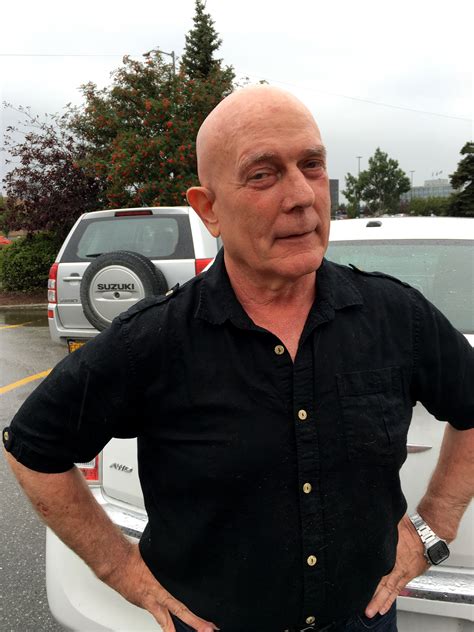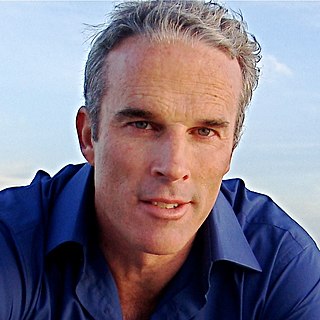A Quote by Rebecca Solnit
Stories are compasses and architecture, we navigate by them, we build our sanctuaries and our prisons out of them, and to be without a story is to be lost in the vastness of a world that spreads in all directions like arctic tundra or sea ice.
Related Quotes
What's your story? It's all in the telling. Stories are compasses and architecture; we navigate by them, and to be without a story is to be lost in the vastness of world that spreads in all directions like arctic tundra or sea ice. To love someone is to put yourself in their place, we say, which is to put yourself in their story, or figure out how to tell yourself their story. Which means that a place is a story, and stories are geography, and empathy is first of all an act of imagination, a storyteller's art, and then a way of traveling from here to there.
We read novels because we need stories; we crave them; we can’t live without telling them and hearing them. Stories are how we make sense of our lives and of the world. When we’re distressed and go to therapy, our therapist’s job is to help us tell our story. Life doesn’t come with plots; it’s messy and chaotic; life is one damn, inexplicable thing after another. And we can’t have that. We insist on meaning. And so we tell stories so that our lives make sense.
We who make stories know that we tell lies for a living. But they are good lies that say true things, and we owe it to our readers to build them as best we can. Because somewhere out there is someone who needs that story. Someone who will grow up with a different landscape, who without that story will be a different person. And who with that story may have hope, or wisdom, or kindness, or comfort. And that is why we write.
I love when stories have something a little magical in them, and there's wonder and curiosity. Somewhere there are people living these improbable stories, and our job is to go out and find them and bring them to the page. And so, the more surprising, the more uplifting, the more sort of even inspiring a story is, I find myself gripped by those.
Great stories happen all around you every day. At the time they’re happening, you don’t think of them as stories. You probably don’t think about them at all. You experience them. You enjoy them. You learn from them. You’re inspired by them. They only become stories if someone is wise enough to share them. That’s when a story is born.
I think Kwan intended to show me the world is not a place but the vastness of the sou. And the soul is nothing more than love, limitless, endless, all that moves us toward knowing what is true....If people we love die, then they are lost only to our ordinary senses. If we remember, we can find them anytime with our hundred secret senses.
There are only shades of gray. Black and white are nothing more than lofty ideals in our minds, the standards by which we try to judge things, and map out our place in the world in relevance to them. Good and evil, in their purest form, are as intangible and forever beyond our ability to hold in our hand as any Fae illusion. We can only aim at them, aspire to them, and hope not to get so lost in the shadows that we can no longer aim for the light.
When we die, these are the stories still on our lips. The stories we’ll only tell strangers, someplace private in the padded cell of midnight. These important stories, we rehearse them for years in our head but never tell. These stories are ghosts, bringing people back from the dead. Just for a moment. For a visit. Every story is a ghost.
In our most trivial walks, we are constantly, though unconsciously, steering like pilots by certain well-known beacons and headlands, and if we go beyond our usual course we still carry in our minds the bearing of some neighboring cape; and not till we are completely lost, or turned round,--for a man needs only to be turned round once with his eyes shut in this world to be lost,--do we appreciate the vastness and strangeness of nature.





































